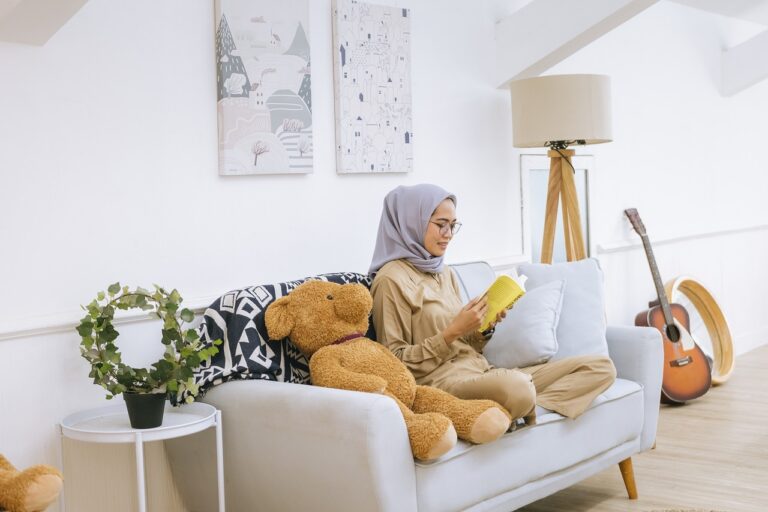The Role of Educational Toys in Fostering Emotional Regulation: 11xplaylogin, King567 sign up, Skyinplay
11xplaylogin, king567 sign up, skyinplay: As parents, we all want our children to grow up to be emotionally intelligent and resilient individuals. One way to help foster emotional regulation in children is through the use of educational toys. These toys not only provide a fun and engaging way for kids to learn, but they also offer valuable opportunities for them to practice and develop their emotional regulation skills.
1. What are educational toys?
Educational toys are toys that are designed to help children learn and develop key skills such as problem-solving, creativity, and critical thinking. These toys come in a variety of forms, from puzzles and building blocks to board games and art supplies.
2. How do educational toys help with emotional regulation?
Educational toys help children develop emotional regulation skills in several ways. First, these toys often require children to follow rules and instructions, teaching them important lessons in patience and self-control. For example, a board game may require a child to take turns and not get upset if they lose.
3. Encouraging social interaction
Many educational toys are designed to be played with others, encouraging children to interact and communicate with their peers. This helps children learn how to manage their emotions in social situations, such as taking turns, sharing, and resolving conflicts.
4. Building empathy and understanding
Some educational toys are specifically designed to teach children about emotions and empathy. For example, a dollhouse set may include characters with different emotions, allowing children to role-play scenarios and learn how to recognize and respond to different feelings.
5. Providing a safe space for expression
Educational toys can also provide children with a safe space to express their emotions and work through difficult feelings. For example, art supplies can be used to help children explore and process their emotions through drawing or painting.
6. Teaching problem-solving skills
Many educational toys require children to think critically and problem-solve, which can help them learn how to effectively manage their emotions when faced with challenges or setbacks. This can help children develop resilience and the ability to cope with stress and frustration.
FAQs
Q: What age group benefits most from educational toys for emotional regulation?
A: Children of all ages can benefit from educational toys for emotional regulation. However, younger children may particularly benefit from toys that help them learn how to identify and express their emotions.
Q: How can parents choose the best educational toys for emotional regulation?
A: When choosing educational toys for emotional regulation, parents should look for toys that are age-appropriate, encourage social interaction, and provide opportunities for children to practice emotional regulation skills.
Q: Can educational toys replace therapy or professional help for emotional regulation?
A: While educational toys can be a helpful tool in fostering emotional regulation, they are not a substitute for therapy or professional help. If a child is struggling with emotional regulation, it is important to seek the guidance of a mental health professional.
In conclusion, educational toys play a vital role in fostering emotional regulation in children. By providing opportunities for children to practice important skills such as patience, empathy, and problem-solving, these toys can help children develop the emotional intelligence they need to navigate the ups and downs of life. So, next time you’re looking for a new toy for your child, consider choosing an educational toy that can help them build their emotional regulation skills.







